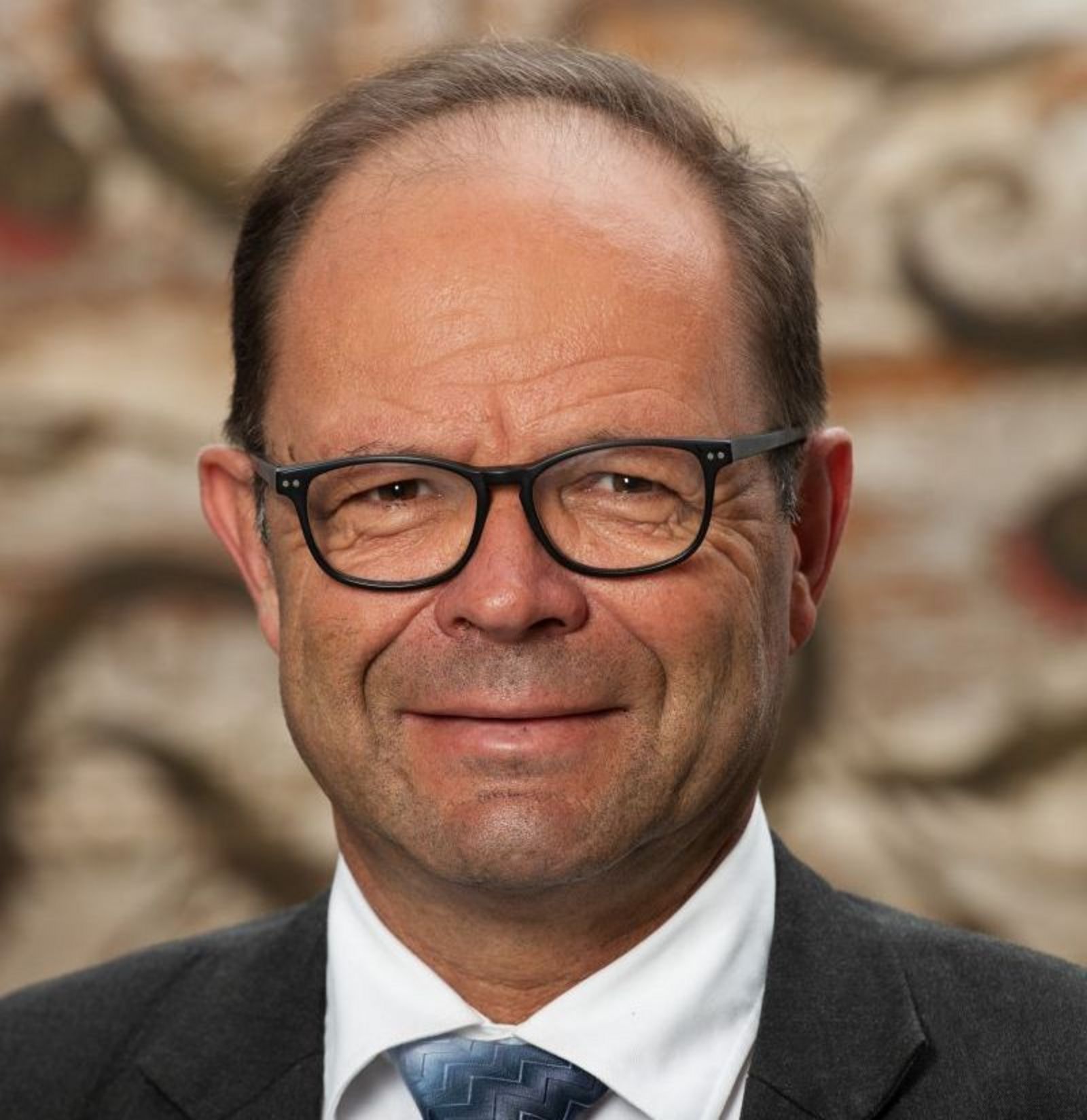Canton Obwalden has seven municipalities, all with the same thing in common: Alpnach, Engelberg, Giswil, Kerns, Lungern, Sachseln and Sarnen are all designated as “Energiestadt” (Energy City) municipalities. “We attach great importance to this label and are proud of it,” declares Josef Hess, President of the Cantonal Government in Obwalden. “The label is evidence of our municipalities’ performance in exemplifying and implementing a sustainable energy policy.” The idea is that this should continue. “Trends in recent years have made the importance of energy efficiency and a secure energy supply clear to everyone,” says the head of the Department of Construction and Spatial Development.
Obwalden has decided to tackle the associated issues in a bid to meet upcoming challenges in the energy sector as efficiently and sustainably as possible. Founded in 2023, the Obwalden Energy Region Association brings together all of the canton’s municipalities, its electricity utility (EWO) and its specialist energy unit. “The Association forms the basis and decides on the funding of joint activities in the energy sector,” explains Josef Hess.
E-car sharing at all railway stations
An initiative to promote e-mobility is currently demonstrating what such activities can look like. Under the motto “Obwalden teilt” (Obwalden shares), the Energy Region Association has joined forces with the Mobility Cooperative, Zentralbahn (zb) railway company and other partners to provide new car sharing locations throughout the canton. At least one Mobility electric vehicle is stationed at Sarnen, Alpnach, Giswil, Lungern and Engelberg railway stations and in the centre of Kerns. The railway station locations were a conscious choice says Josef Hess: “This initiative is about promoting electric driving as well as combined mobility.”
The e-car sharing project is not about banning private cars completely. “Communities in our canton are spread out, which is why having a car is still important, especially for those living outside the main urban centres. But if the project motivates just a few families to give up their second car, we will have already achieved a lot.” This has already happened: “We know of several households that have sold their second car and are now focusing on alternative forms of mobility.”
E-car sharing a hit with tourists
Hess also sees immense potential in the tourism sector. “Engelberg’s shared e-car alone clocked up 11’000 kilometres last year, 75 percent of which was down to tourists. In urban areas, one in two households doesn’t own a car, but many are Mobility customers. This is exactly where our new initiative scores.” This has also been recognised by businesses in the hospitality and tourism segments, which are starting to feature e-car sharing more prominently in their marketing.
The Obwalden cantonal president feels certain that sustainable energy schemes such as the e-car sharing initiative are ecologically sound as well as economically beneficial. “If you work out what a private car costs you, there’s no doubt that, for most people, it’s the more expensive option.” This was one of the reasons why the Hess household decided to part with their second car a few years ago. “Quite simply, there are lots of good alternatives today.” His preferred way of getting to work from Alpnach to Sarnen is by e-bike.

The Energiestadt label
Launched in 1991, the Energiestadt (Energy City) label is awarded to urban centres and municipalities that actively engage with energy and climate policies at a municipal level. They share the conviction that local engagement is needed to tackle the energy and climate crisis. Awardees of the label cannot simply rest on their laurels, however. “There's a re-audit every four years to confirm the ongoing quality and continuous engagement of each municipality,” explains Energiestadt advisor Reto Rigassi. Energiestadt is more than a label – it’s also a resource. It helps municipalities identify and efficiently roll out measures in the energy sector that suit them best. Energiestadt offers resources and provides experts by way of support.

Your comment